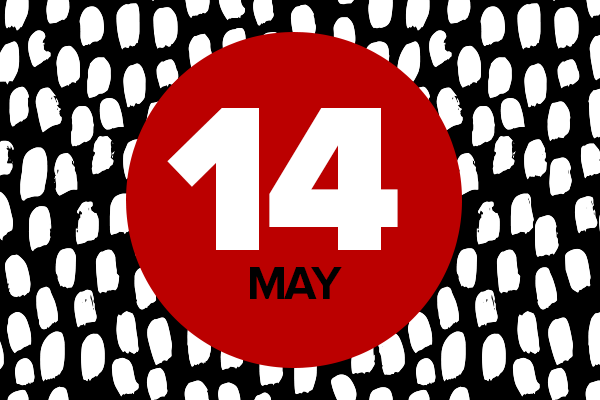
The unequal distribution of faculty workload is one of the most important, yet least talked about, inequities that shape the experiences of faculty members within colleges and universities. As a result of the pandemic, faculty workloads are growing, and growing more inequitable. In particular, faculty from historically minoritized identities and women faculty face unusually high service, teaching, and mentoring workloads. Inclusion and equity require departments and institutions to identify and dismantle systems that maintain unequal workloads and avoid longer time to advancement, higher stress, increased burnout, and greater willingness to leave for women and BIPOC faculty. Further, colleagues lack information about how work is divided and the workloads of their peers. Departments rarely engage in a transparent process for assigning workload commitments and this can be amplified across faculty rank and series.
In this talk, KerryAnn O’Meara, P.I. of the NSF, Faculty Workload and Rewards Project and co-author of a new report and set of resources published by ACE shares what she learned with colleagues during a five-year, action research project aimed at promoting equity in how faculty labor is taken up, assigned, and rewarded. She considers how workload inequities emerge in "discretionary spaces," and the evidence-based policies and practices departments have used to identify inequalities, assess faculty and university needs, and re-design workload with equity in mind.
